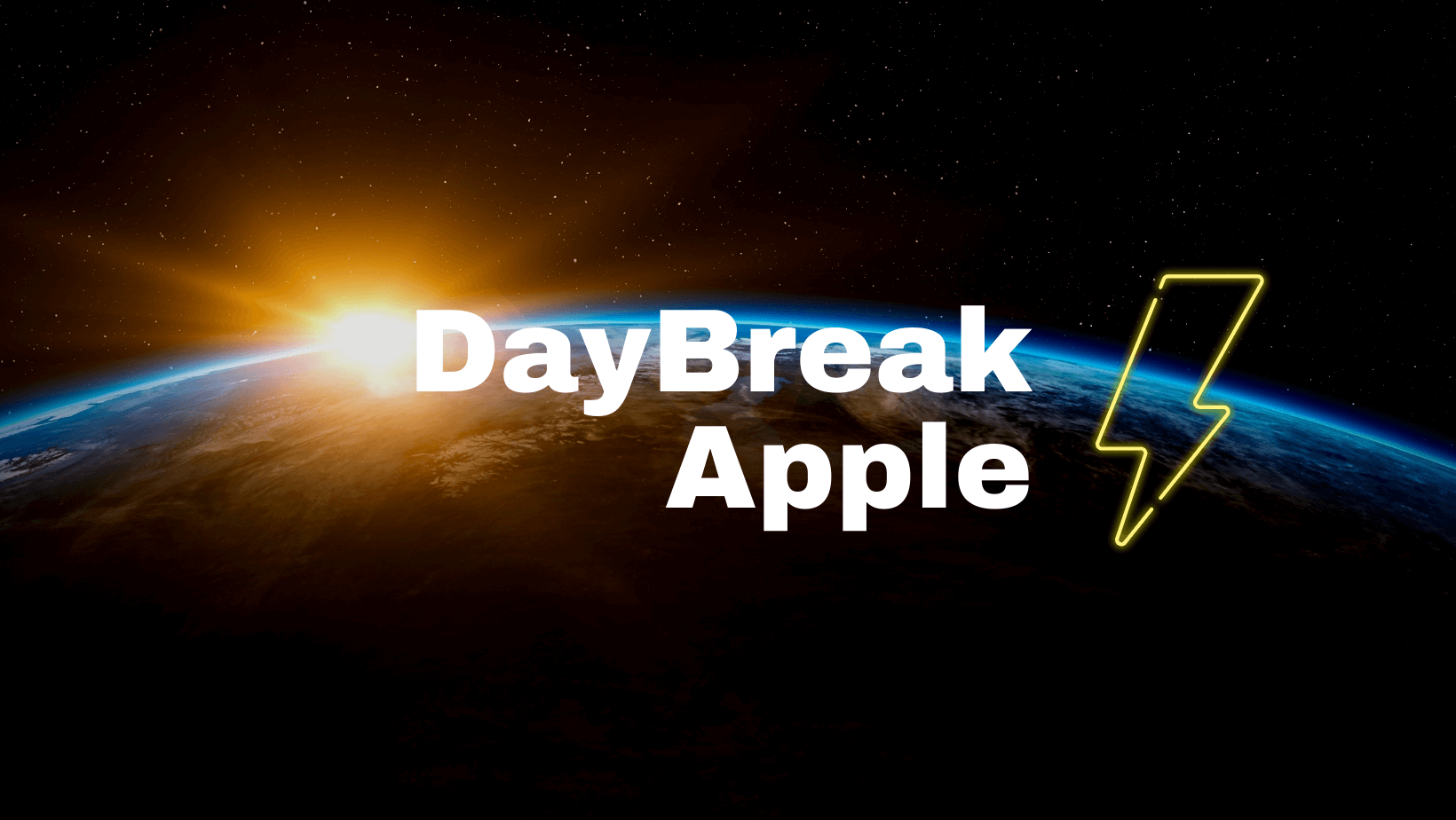The profile is a literary genre with little echo in the Latin American publishing market, why?
I believe that there are people who cultivate the profile and who have a lot of entry into the Latin American market, for example Leila Guerriero and Felipe Restrepo. It may be that the profile does not have so much good propaganda, that is, it is so popular but there are readers who like this exercise, reading texts in which they can look at the other and reflect on an idea or a person.
Where does the richness of this genre lie for you?
From the writer’s point of view, the richness of the profile is that it opens up the opportunity for you to listen, look and think about a person, because when you write a profile you have to read and investigate a lot. From the reader’s side, it allows you to understand the way someone understands and sees the world.
How was the idea of publishing ‘I need to know about your life today’ born?
I had a number of profiles that I started writing since 2012 and I wanted to put them together in one place. ‘I need to know about your life today’ is a reissue of those profiles, which I published in magazines like El Malpensante. Another reason is that after publishing two books about pain and tragedy I wanted readers to find more solar and happy themes. The texts in this book are very hopeful and inspiring.
The name of the book is part of the lyrics of a song by Roberto Carlos, why were you interested in writing the profile of this artist?
This profile was born from a concern, what makes us cry, the lyrics or the sounds of love songs. To write it, I spoke with Roberto Carlos’s friends, including Erasmo Carlos, who is also the co-author of many of his songs, and with neurologists who understand brain reactions. I also read a series of research that explains how certain types of music activate parts of the brain.
What are the complexities of writing about characters who are dead, in your book, for example, Eusebio appears?
In the case of Eusebio’s profile, I did have the opportunity to speak with him. For years, I had lunch at the restaurant where he did it. When I approached to ask him for an interview, we met on a date, but shortly after he passed away. It served me there as long as I had observed it. In the case of Fernando Pessoa and Egas Moniz it was a challenge, because they are figures that in the heads of most people appeared in a certain way and were calcified.
In the book, you point out that the people you outline are characters who are dissatisfied with your talent. For you, which of these characters is the most dissatisfied?
The most dissatisfied character is Cristiano Ronaldo. I discovered that he was an excessively dissatisfied person from his childhood. He has been able to transform his body just to reach a few inches more when jumping or to gain a little more speed when running.
In these profiles you draw a map that unites the history of Brazil and Portugal. Is there an intention to establish a transatlantic dialogue in your book?
Yes, the idea of my book is that it be Ibero-American, because I feel that we have our backs to each other. I dared to be that kind of bridge, because for seven years I lived in Portugal.
CV
She is a journalist, chronicler and translator. She is the author of the chronicle books ‘Lama’ (2017) and ‘VolcáNica’ (2019). He won the 2018 Michael Jacobs Scholarship for traveling chronicle from the Gabo Foundation. His latest book, ‘I need to know about your life today’, is a compilation of his best profiles. The Nicaraguan edition came out in 2020. In Ecuador, the book has just been published under the seal of Siamesa editora.
- Eduardo Albert: ‘A stoic and epicurean way against the current chaos’
– .


